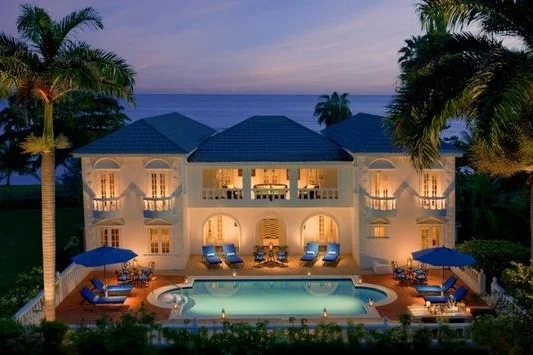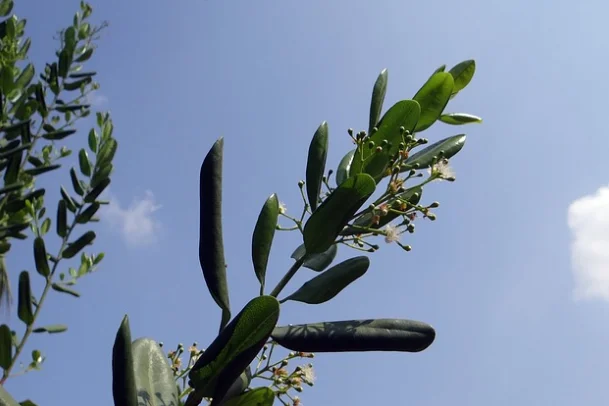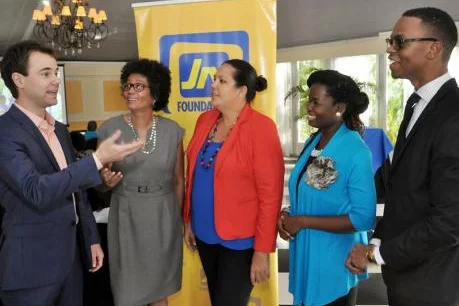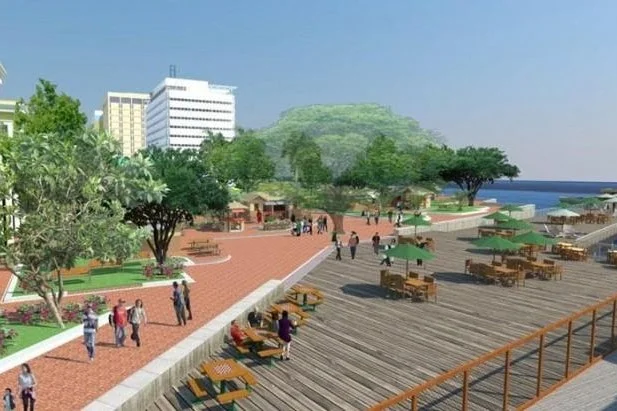Jamaica’s Hotels Convene to Plan Sustainable COVID-19 Tourism Recovery

As new COVID-related travel bans are being imposed by major source markets like Canada and the U.K., the Jamaican tourism industry is vying to make a comeback and trying to best position itself for recovery. To this end, the Half Moon Resort in Rose Hall, Montego Bay, recently hosted a small consortium of Jamaica’s north coastal hotels, including Hilton Rose Hall, Iberostar, Royalton Resorts, Sandals, Melia Braco and Island Outpost as part of the island’s 2021 Food Waste Conference.
Discussions were held virtually and in-person for the purpose of exploring strategic opportunities for Jamaica’s tourism sector to rebuild itself better than before in recovering from the impact of COVID-19. Conversations centered on such topics as food waste recycling, ways for hotels to reduce their reliance on imported food, and the benefits of practicing more robust local sourcing and incorporating farm-to-table strategies moving forward.
Speaking at the event, Floyd Green MP, Minister of Agriculture and Fisheries, said, “There is a need for stronger linkages between the agriculture and tourism sectors and so, we are taking steps to have more direct supply chain links between our farmers and the hotels.” He continued, “This conference occurred at an opportune time where food security is, now more than ever, a top priority that is being approached as a collaborative effort. We have to tackle the issue of food waste together and so, our hotels should explore establishing food banks with their excess food for our most vulnerable, as well as composting.”
Several hotels that participated in the conference are operating at only 10- to 30-percent occupancy, making the development of sustainable food waste management practices especially relevant to the moment. Hotel operators are also eager to implement solutions that will better benefit and sustain the local economy and environment, and establish connections with Jamaica’s agricultural and fisheries sectors.
“COVID-19 has had a huge impact on hotels, tourism, and food systems globally. Recovery will require businesses to be even more efficient. By taking steps to measure and prevent food waste, businesses can save money, reroute food to communities in need, and work to see that unavoidable food waste doesn’t go to landfill where it creates methane emissions,” said Pete Pearson, Senior Director, Food Loss and Waste at World Wildlife Fund. “The food waste program at Montego Bay showcases how the hotel industry can reshape the future of sustainable and waste-free food service, while still offering guests a luxury experience.”
The 2021 Food Waste Conference was organized by CaribShare, a Jamaican non-profit that promotes organic recycling among the island’s tourism operators, and The Center for Responsible Travel (CREST), based in Washington D.C. It was also sponsored by the United States Embassy in Kingston, World Wildlife Fund U.S. and the Half Moon Resort. On the agenda were local and international presenters, including representatives from World Wildlife Fund U.S., Tourism Cares, CREST, Bucuti & Tara Beach Resort Aruba, Hilton Aruba and Winnow Solutions.
 Albania
Albania Algeria
Algeria Andorra
Andorra Argentina
Argentina Armenia
Armenia Australia
Australia Austria
Austria Azerbaijan
Azerbaijan Bahrain
Bahrain Belgium
Belgium Bolivia
Bolivia Brazil
Brazil Bulgaria
Bulgaria Cambodia
Cambodia Cameroon
Cameroon Canada
Canada Chad
Chad Chile
Chile China
China Colombia
Colombia Costa Rica
Costa Rica Croatia
Croatia Cyprus
Cyprus Czechia
Czechia Denmark
Denmark Ecuador
Ecuador Egypt
Egypt Finland
Finland France
France Georgia
Georgia Germany
Germany Ghana
Ghana Greece
Greece Hungary
Hungary Iceland
Iceland India
India Indonesia
Indonesia Ireland
Ireland Italy
Italy Jamaica
Jamaica Japan
Japan Jordan
Jordan Kazakhstan
Kazakhstan Kenya
Kenya Kuwait
Kuwait Latvia
Latvia Lebanon
Lebanon Libya
Libya Lithuania
Lithuania Luxembourg
Luxembourg Malaysia
Malaysia Maldives
Maldives Mali
Mali Malta
Malta Mexico
Mexico Moldova
Moldova Monaco
Monaco Morocco
Morocco Netherlands
Netherlands New Zealand
New Zealand Nigeria
Nigeria North Macedonia
North Macedonia Norway
Norway Oman
Oman




